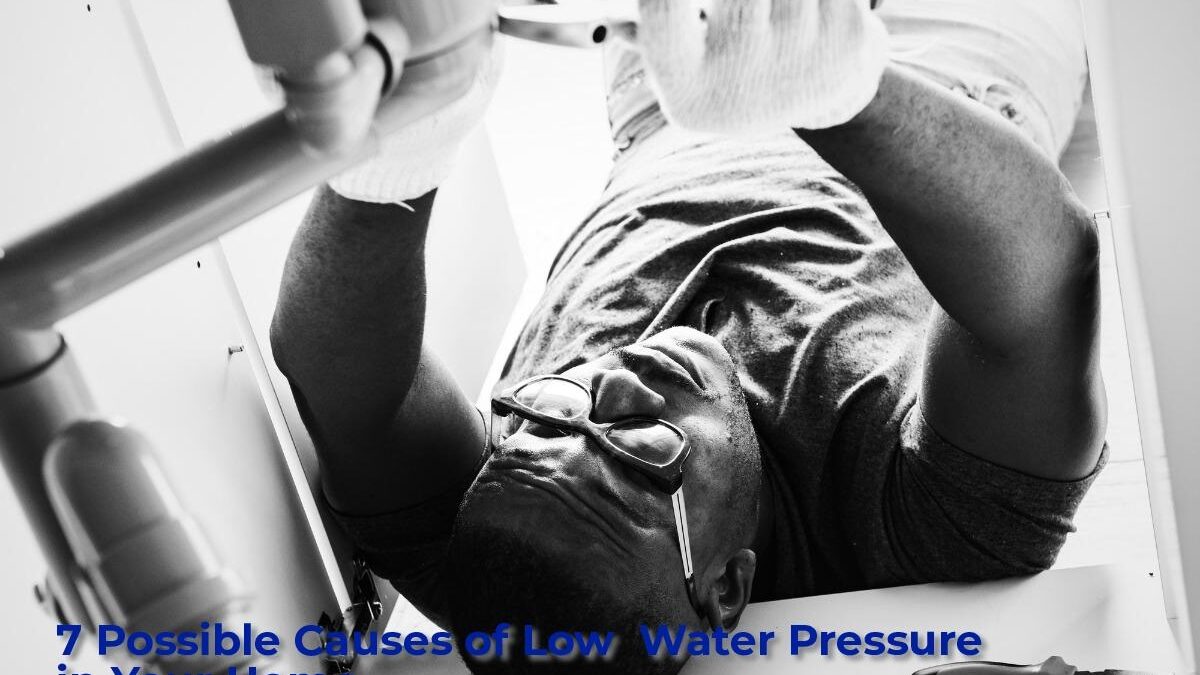Do you think that less water is coming out of your faucet? You might be right. Low water pressure is a common plumbing issue and is usually recurring. While it is not a guarantee that you will experience it anytime soon, at least keep an open mind for the possibility.
So, what can you do about it? For one, you can always call a Residential Plumber and leave it in their hands to unravel the underlying root cause. However, it would be best to know first what are the potential causes, because you never know, it might just be something you can do by yourself.
-
It’s Not You, It’s the Water Provider
Before you jump to conclusions, first make sure that it isn’t just your home. You might get too busy calling the plumber or turning your pipes only to learn that there has been a water interruption in your area.
So, before anything else, try to ask your neighbor if they are experiencing the same issues as you. You can also check the website or social media page of your water provider because they will announce any service interruption.
-
The Shutoff Valve in the Main House Isn’t Fully Open
One of the first places you should head to is the main house water valve. Basically, the pipe that connects your house to the main pipe has a valve. With a twist, it can shut off the entire water supply of your home. At the same time, it can provide you with complete service.
Try turning the valve completely because it is possible that the elements may have slightly twisted it, resulting in decreased pressure.
-
The Water Meter Valve isn’t Completely Open
Another valve you should check is the water meter valve. It is the second one, just right after the main house shutoff valve. Take heed though, this one is usually harder to reach. It can be placed underground, making it impossible to access.
Unless it is easily accessible, you don’t have to worry that it is the culprit of your problem. However, if you had something done in your home and the problem started after then, you might need to call the plumber.
-
Failing Pressure Regulator
From the name itself, you can assume that the pressure regulator could have something to do with your low water pressure. Though, not all homes are equipped with this. If you are one of those, then this is not something you should worry about.
However, if you do have one, you can always perform a simple test to determine if it is indeed failing. The purpose of the pressure regulator is to make sure that your pipes are receiving enough pressure but don’t get damaged. If it is malfunctioning, the device will think it is doing its job when it is actually overly restricting your water supply.
-
Clogged Pipes
One of the most common causes of decreased water pressure are clogged pipes. The most problematic part is that it could be located in any part of your plumbing. It could be caused by a build-up of dirt or mold. When this happens, you are left with no choice but to call the plumber. Leave it to the professionals. You don’t want to aimlessly pull pipes apart.
-
Leaking Pipes
When there is damage to your pipes, it will lead to a leak and it can contribute to a decrease in water pressure. However, you are not just looking at a couple of drops here and there. In order for a leak to cause a decrease in water pressure, it will be creating pools of water and flooding areas of your house.
Another aspect to look at is multiple leaks. One dripping pipe is no problem, but when there is a couple dozen around your home, then expect that it will have a toll on your water pressure. Because this is a complicated problem, your best choice is to seek professional help.
-
Corroded Pipes
Just like dirt buildup in your pipes, corrosion can clog and affect your water pressure. If you have a brand-new home, then this is not something you should worry about. However, if the home you are living in has been rented out for decades or passed down for generations, then it is time to take a look at the condition of your pipes.
If the plumbing is made out of galvanized steel, the life expectancy is around 20 years. Copper, on the other hand, lasts longer at around 50 years while Brass will do you between 40 to 70. If you are unfortunate enough to see the end of life of your pipes, it will take a lot of work.
Summary
At some point in your life, you are bound to experience low water pressure in your home. If you finally do, there is nothing to worry about. It is completely normal, especially since there are a lot of possible causes. The first step to fixing your problem is unraveling what is causing it. With this list, you can slowly slash off one after another until you can come up with the best decision for your home and get the water pressure you have lost.


